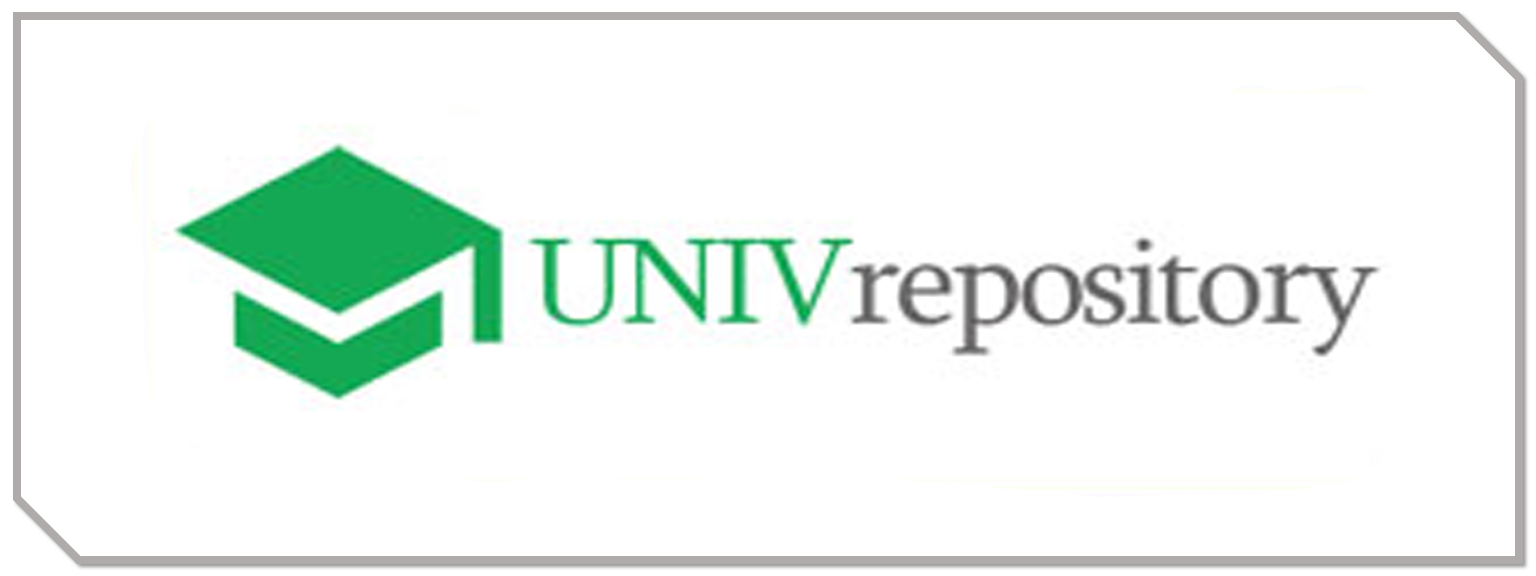KARAKTER NABI MUSA DALAM MENJALANKAN MISI DAKWAH DAN RELEVANSINYA DENGAN ERA KONTEMPORER
Keywords:
Character, Da'wah, Moses, Pharaoh, EgyptAbstract
The dimensions of Prophet Musa's preaching of his mad'u were very complex and varied. The delivery of da'wah messages was carried out to various levels of social strata, from kings to commoners, from men to women, etc. Delivering a da'wah message addressed to Fir'aun as ordered by Allah to the Prophet Moses. Conveying the message of da'wah to Pharaoh is very difficult, requires ability and of course you must have a strong character and a steely mentality. For Prophet Musa, the figure of Pharaoh had two different positions. The first is as an adoptive parent and the second is the first person to receive the message of preaching because he considers himself to be a God worthy of worship by the Egyptian people. Facing Pharaoh who was known to be arrogant, cruel and arbitrary towards his people, Prophet Musa was ordered to face him using soft and polite words. In addition to his preaching mission to Pharaoh and the palace elite, he also invited the Jews to follow him out of Egypt to free themselves from Pharaoh's tyranny. This research uses qualitative methods by exploring verses from the Qur'an related to the story of the Prophet Moses which are correlated with the theme and title of the research. The results obtained from this research are that Prophet Musa had a very positive, strong character, good in character, cognitive and effective and was good if used as a role model for preachers.
References
Baidan, Nasruddin. (2000). Metodologi Penafsiran Al-Qur’an. Yogyakarta: Pustaka Pelajar.
Bungin, B. (2003). Analysis Data Penelitian Kualitatif. Jakarta: Rajagrafindo Persada.
Hughes., R. L. (2012). Leadership Enhancing The Lessons Of Experience, Leadership: Memperkaya Pelajaran dari Pengalaman, Alih Bahasa: Putri Iva Izzati (Vii). Jakarta: Salemba Humanika.
Muhammad. (2011). Metode Penelitian Bahasa (I). Yogyakarta: Ar-Ruzer Media.
A. Ibn. Musthafa, Tafsir Al-Maraghi. (Mesir: Syarikah Mustafa, 1946).
Nata, A. (2011). Studi Islam Komprehensif (I). Jakarta: Prenada Media Group. Nawawi, H., & Martini, M. (2005). Penelitian Terapan. Yogyakarta: Gadjah Mada University Press.
al-Thabari, I. J. (2002). Jami’ Al-Bayan 'An Ta’wil Ayi Al-Qur’an, Jilid Xi, (1st Ed.). Berut: Dar Ibnu Hazem.
al-Zuhaily, W. bin M. (1422). Al-Wasith Li Al-Zuhaily, Jil Iii (I). Damaskus: Dar Al-Fikri.
Shihab, M. Quraish. (2002) Tafsir Al-Misbah,(Jakarta: Lentera Hati. Juz X,
Shihab, M. Quraish. (2002)Tafsir Al-Misbah, (Jakarta: Lentera Hati, Juz VIII
Downloads
Published
Issue
Section
License
Copyright (c) 2023 Muhammad Ridwan

This work is licensed under a Creative Commons Attribution-ShareAlike 4.0 International License.








